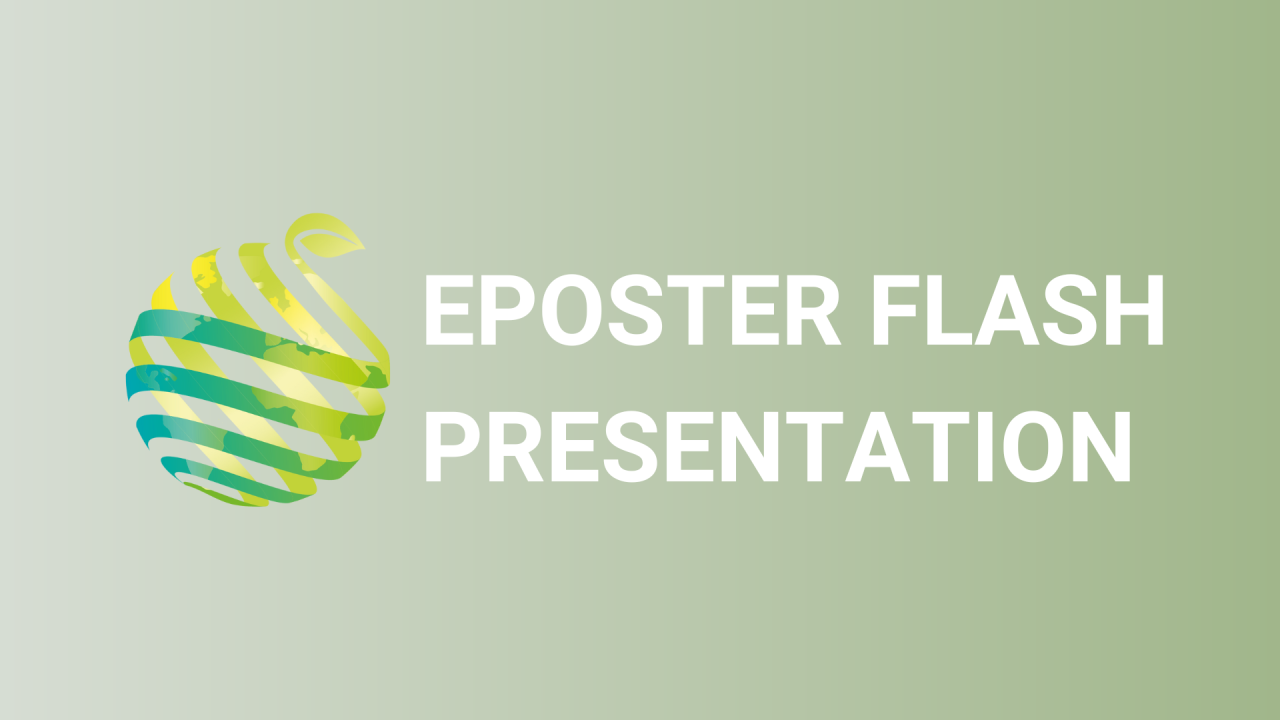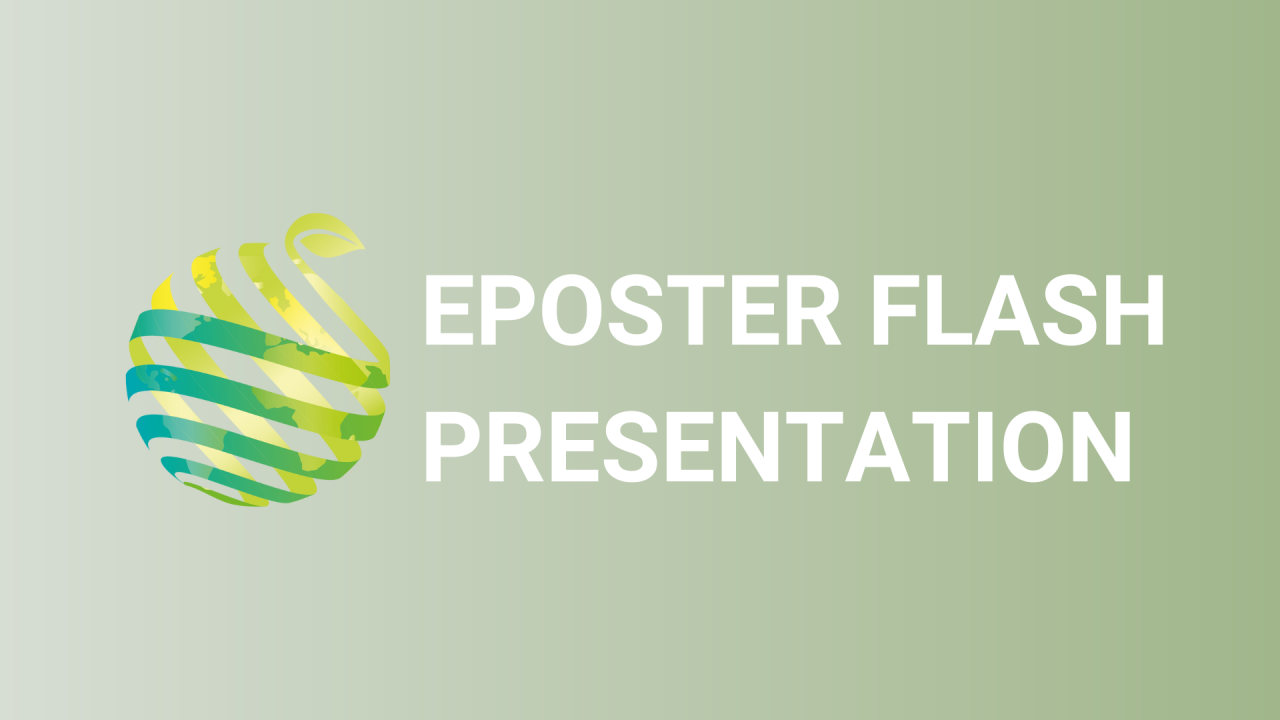

S15 - Session P3 - Impact of soil management on biodiversity, soil properties and climate change mitigation-related agroecological indicators
Information
Authors: Safiye Tul, Ioanna Manolikaki, Nektaria Digalaki, Georgios Psarras, Ioannis Koufakis, Argyro Kalaitzaki, Chrysi Sergentani, Georgios Koubouris *
Intensive agricultural management practices (i.e. excessive tillage, empirical fertilization, application of herbicides, the absence of organic amendments, the burning of pruning residues) lead to a reduction in organic matter and nutrient-poor soil, resulting in agroecosystem vulnerability. This paper describes the effect of four sustainable management practices including different carbon inputs (compost, pruning residues and cover crops, and combination of all the treatments) on the soil physical and chemical characteristics, and on the soil nutrition status of the seeded cover crop and natural plants, compared to a conventional system involving soil tillage in the olive grove under the PRIMA and Horizon2020 Framework programmes for the Project Sustainolive. The results showed increases in soil organic matter and total nitrogen content at the end of the study period in Sustainable plots in comparison to CON as well as at 0n10 cm in comparison to 10n20 cm depth. Furthermore, the soil physical characteristics were better in Sustainable plots in comparison to CON as well as at 0-15 cm in comparison to 15-30 cm depth. The higher dry biomass and higher main nutrient content in cover crops compared to the control indicate carbon storage and potential for SOM increases in the future through their decomposition. The addition of carbon inputs, in combination with conservation tillage practices, improved soil fertility in physical and mineral nutrient aspects over the experimental period.